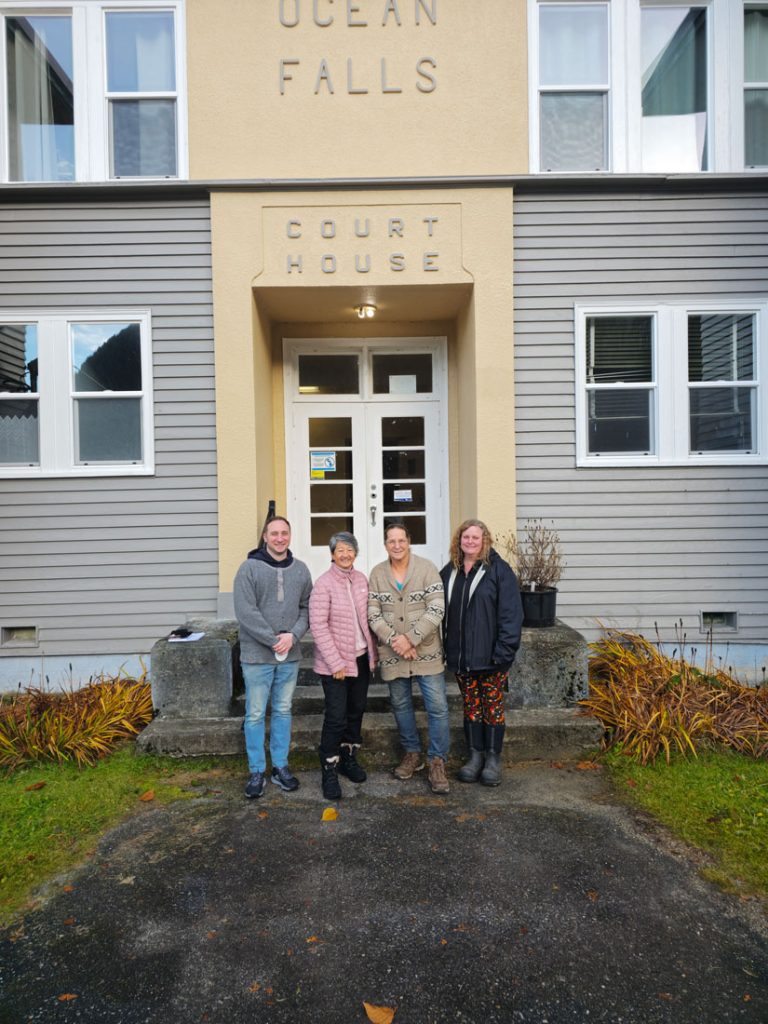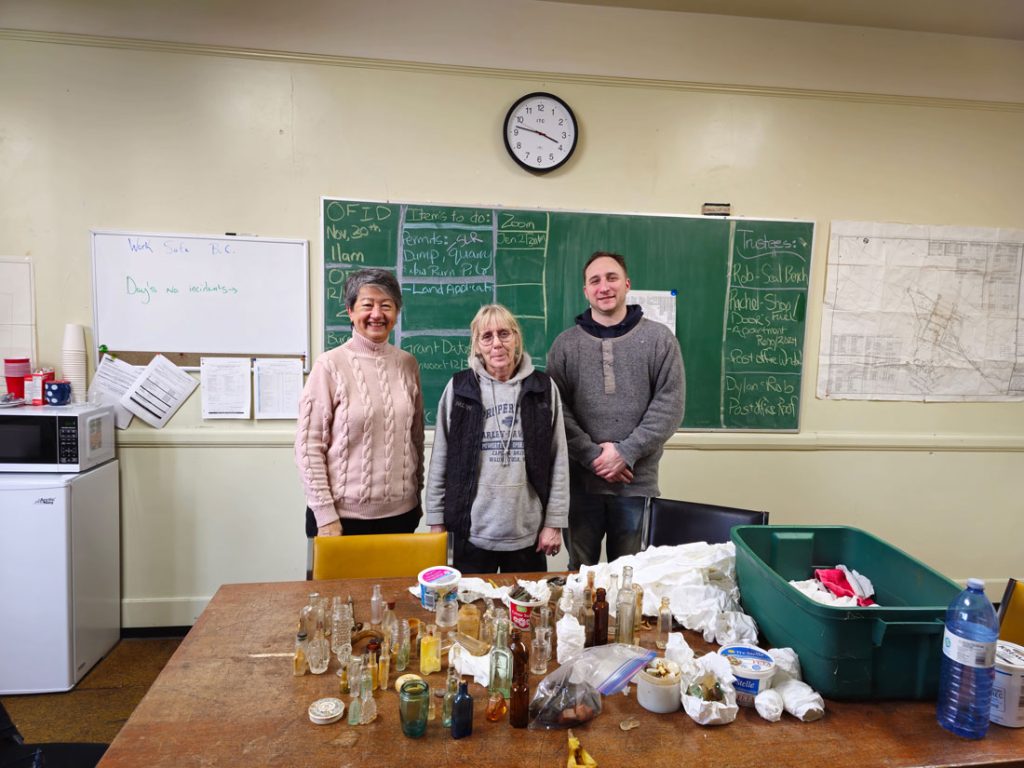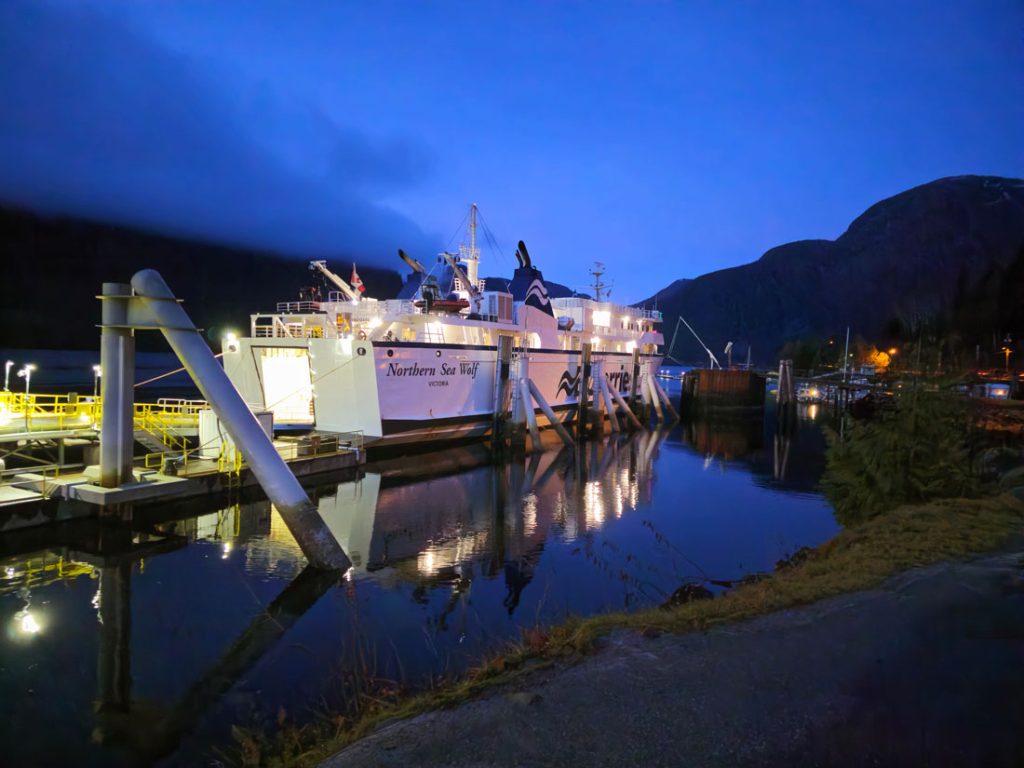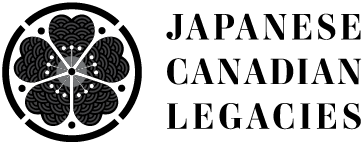BC Heritage Sites: Ocean Falls Visit
In November, Linda and Lane visited Ocean Falls, an isolated former pulp and paper mill town located at the head of Cousins Inlet at the west end of Dean Channel, just west of Bella Coola. Ocean Falls has historic and cultural value for the Japanese Canadian community which represented a significant part of the pulp mill work force prior to World War II. Linda and Lane spent times exploring Ocean Falls cemetery with its Japanese headstones; the “Japanese” section of town, now largely overgrown; and the courthouse, which serves as the town archives.
Exploration of the Ocean Falls cemetery was a poignant journey, guided by previous research and fueled by a desire to uncover the hidden stories. The graveyard, situated with a captivating view of Cousins Inlet and Martin River, housed a mix of upright and surface-level headstones, often weathered and unreadable. Upon entering the cemetery, one of the initial sights that greets you is the monument erected in 1938 by Jichi Kai, an Ocean Falls community organization.
We continued towards the “Japanese” section of town, marked by an old stone retaining wall along Martin Valley Road. The town area, now covered by ferns, thick brush, and alder trees, once stood terraced into four levels. The exploration continued into the woods, following an old road trail to the 4th terrace. Despite challenges posed by post-uprooting bulldozing and burning, remnants of this section’s history were uncovered.
A significant encounter occurred during this exploration when Eva, a local with insights gained from her husband’s underwater dives, shared discoveries of ceramic and glass objects bearing Japanese writing. These artifacts added a tangible layer to the town’s history, emphasizing the multicultural influences that shaped Ocean Falls.
Our journey through Ocean Falls was not solely marked by on-site explorations but also by the wealth of archival material uncovered at the local courthouse, which serves as the archives. Among the notable discoveries were two ledgers from 1932 and 1954. These ledgers provided detailed information on 28 confirmed Japanese Canadian burials, including precise details about grave sites and the names of those interred. However, more research is needed to address a growing list of names attributed to Ocean Falls.
Delving into the town’s archives, cemetery, and Japanese section revealed a rich tapestry of stories engraved in ledgers, stone, and remnants. The trip was marked by a quest for historical truths, with each discovery contributing to a deeper understanding of Ocean Falls’ past and the Japanese Canadian community that once called it home.







